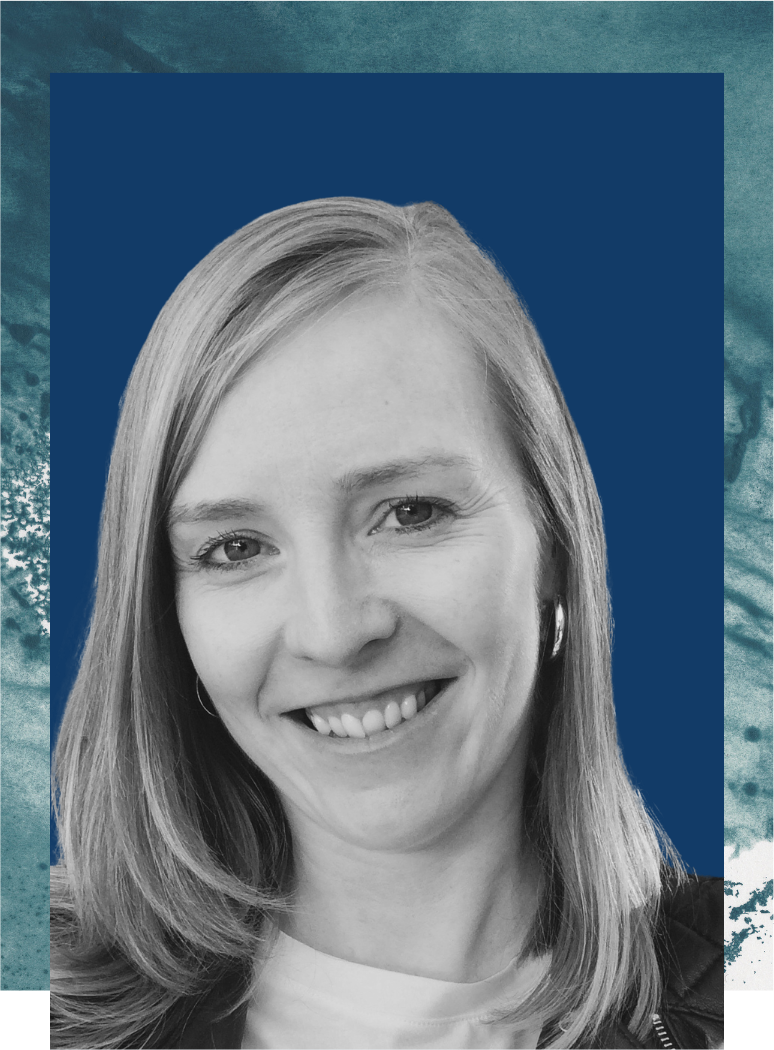
By Sharon Booth, Solutions Not Sides Founder & Executive Director.
Sharon reflects on what we've learnt after 100 tours in schools and communities.
The best education is when students are exposed to diverse viewpoints, critical-thinking skills, and are allowed space to think for themselves and come to their own conclusions. After 100 school tours across nearly 15 years, we have seen how powerful this can be.
Unfortunately, we continue to see wilful attempts from groups to shut down and deny this opportunity; instead trying to control the discourse and stop teenagers from being exposed to any narrative other than the one that the adults around them judge to be ‘the truth’. In some cases, this is leading to students being bullied for not ‘taking a side’, and teachers being pressured to voice their political opinions. The following comments have been made to us in different ways over the years:
“How can there be ‘two sides’ when the Palestine issue should simply be presented as a struggle for freedom against ethnic cleansing and genocide, land theft, occupation, racism, and Apartheid?”, claim some.
“How can there be ‘two sides’ between a recognised, democratic member-state of the UN (Israel) and a genocidal terrorist organisation (Hamas and allied groups)? Surely not taking sides grants a spurious legitimacy to the dangerous extremists who run or support the latter?”, claim others.
It is the job of the education sector to give young people the opportunity to make informed decisions on how they want to think about and approach this issue. It is also their legal obligation. Government guidelines about impartiality on political issues are clear, and teachers certainly should not be advocating for political positions in schools.
This is why Solutions Not Sides is an educational methodology that does not take a political position on anything to do with this issue, but instead provides a values framework, and a skills-based approach.
Understanding various perspectives on both sides does not mean that international involvement and power dynamics around this conflict cannot be explored. The all-important values framework of non-violence, equality for all, and the rejection of hatred underpin the approach and attitude of all our speakers and facilitators, and the human rights and safety needs of civilians caught up in this issue are a core part of our programme.
The skills that we provide include communication and active listening, conflict resolution, and critical thinking. ‘Not taking sides’ does not mean refraining from expressing solidarity or calling for people’s human rights, nor does it mean depoliticising people. It means understanding that pushing for a win-lose outcome, and supporting one side to beat the other like this is some kind of football match, is likely to lead to lose-lose. Empathy towards the people of Palestine-Israel and what that truly means for their lives is of paramount importance within a framework of human values.
That is why, most importantly, Solutions Not Sides is giving students the opportunity to meet young Israeli and Palestinian peace builders face-to-face, so that they can hear firsthand experiences and can incorporate listening to the people of the region into their learning on this issue. All of our speakers are committed to discussing and learning about possible win-win outcomes, and how young people can play a part in making progress towards justice and peace for all. After 100 tours and nearly 70,000 young participants across thousands of workshops, we have first hand feedback from teachers and students about the positive impact this is having.
Equipped with diverse narratives about the history, and the skills to understand how complex geo-political situations are navigated and negotiated, young people who participate in our sessions are more likely to be able to make their own decisions about what political opinions they want to hold and what activism they want to undertake, which may or may not echo the views of those around them.
Thus, they are more likely to be effective citizens in shaping the world of tomorrow that they want to see than students who are shut down and banned from raising the issue, or persuaded to accept whatever one-dimensional political view they are fed.
We urge schools to encourage students to diversify their news sources, question one-dimensional narratives, and apply the above-mentioned values and skills for themselves to make up their own minds. We’re here to help make that possible.
If they do this, our society will become a fairer, more educated, and more compassionate one, and the next generation will be one that is empowered to play a constructive, active part in our democracy to affect the political changes in the world that they wish to see.